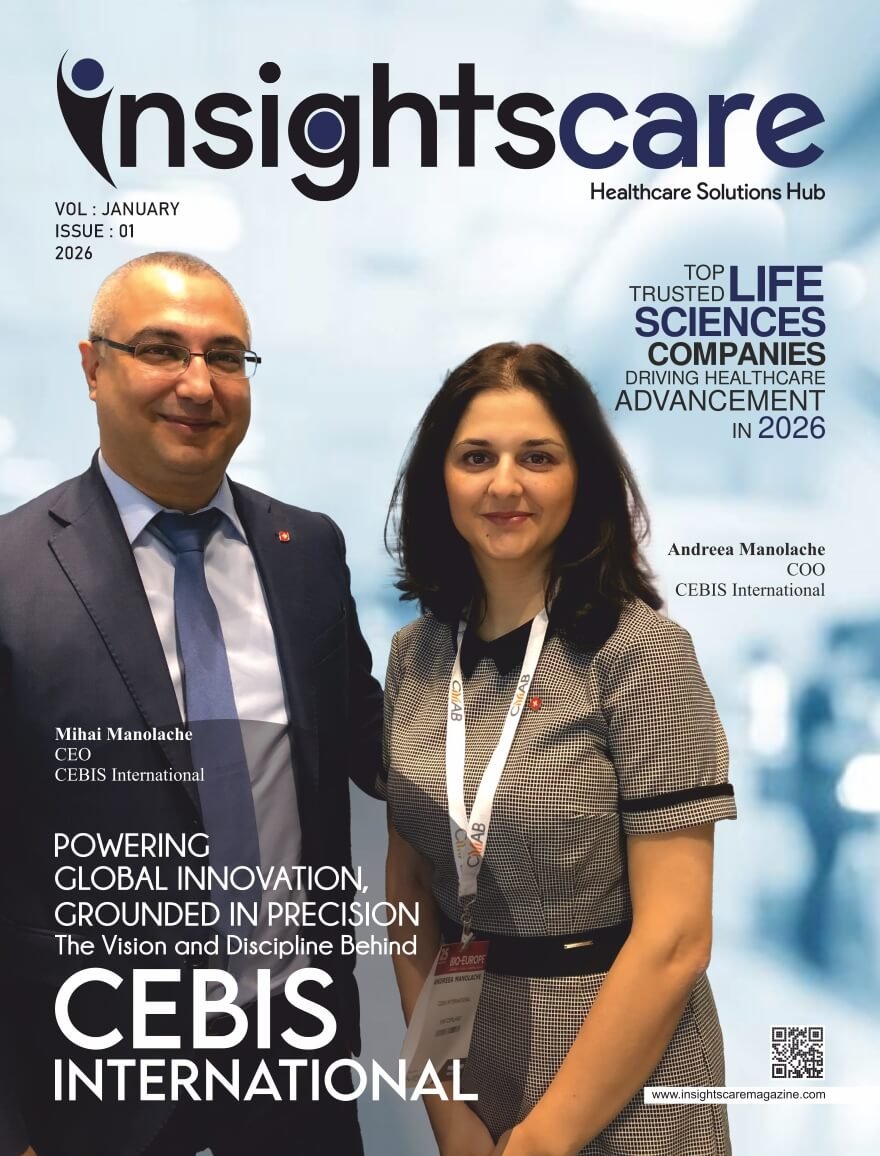AI at the Helm
With the rapidly changing drug discovery and clinical research environment of the modern era, Contract Research Organizations (CROs) today are the foundation of innovation. They provide the expertise, the capability, and the scope that the pharmaceutical and biotechnology companies need to deliver new therapies to patients. But over the past few years, there is one force that has begun reshaping the operations of CROs above all else: artificial intelligence (AI).
AI is no longer a buzzword but a force multiplier that the CRO leaders are using to drive trials faster, improve data quality, and decrease the cost. By putting AI center stage, CROs are turning research into a faster, smarter, and more patient-centric process.
From Data Overload to Data Intelligence
Clinical trials create enormous amounts of data. Every trial has patient information, lab tests, imaging, electronic health data, and real-world data. Before, months, if not years, were spent handling the data manually. Mistakes could not be avoided, and findings were probably going to end up in piles of spreadsheets.
AI is making that reality over. Machine learning code can sift through vast quantities of data in seconds, recognize faint patterns, and yield insights that elude humans. For CROs, that means trial outcome predictions, identifying risks earlier, and designing better-studied studies. Instead of being drowned in data, researchers are now surfing the information wave to faster and better conclusions.
Smarter Trial Design
Perhaps the most time-consuming aspect of research is actually designing the trial itself. Who should be enrolled as patients? What should be measured as endpoints? How long should the trial be? In the past, these were all made on the basis of historical intuition and best guess.
AI tools presently support CROs in simulating different scenarios before enrolling the first patient. AI, based on studying past trials and available patient information, can suggest the top-performing trial designs, eliminate superfluous steps, and even prescribe recruitment time. Not only does this result in savings of time, but it also optimizes the chances of trial success.
Accelerating Patient Recruitment
Patient enrollment has always been the greatest hurdle to clinical research. Most trials never get finished or are set back because they simply can’t enroll enough individuals with specific characteristics. AI is now breaking that straitjacket.
By filtering electronic health records, social media, and patient registries, AI can choose likely participants who are both timely to meet in greater efficiency. AI can even predict which patients would have the most participation during the study. This allows CROs to build stronger, more diverse patient groups and reduce the dropout rate that so too often plagues trials.
Improving Monitoring and Adherence
CROs are also using AI to track trials remotely in real time. Earlier, tracking was done by site visits, paper reports, and delayed reporting of defects. Using AI-based platforms now, anomalies get alerted in real time—whether a data entry mistake, safety problem, or a patient’s missed dose.
This kind of continuous monitoring not only improves compliance but also ensures patient safety. With AI monitoring for trials, scientists respond faster, regulators feel more at ease, and sponsors do not lose valuable time and money.
Personalizing the Patient Experience
Perhaps the most exciting transformation is how AI allows CROs to make clinical trials patient-focused. Participants no longer have to be treated as variables within a dataset, AI helps researchers learn people’s personal needs and behaviors.
Wearable technology, for example, can record real-time patient data and feed it into AI systems that can alter trial procedures in real-time. Chatbots can educate and motivate patients. Predictive analytics can identify which patients would struggle to keep pace and offer personalized assistance.
The result is a research process that’s less of a lab experiment and more of a human endeavor—something that ultimately helps both patients and science.
Challenges Ahead
There are, naturally, risks in increased AI application in CRO work. Concerns regarding data privacy are one, with sensitive medical information having to be protected at all turns. There is also a risk of algorithmic reliance, which will absorb biases unless they are designed with care. And while AI will speed up things, regulatory measures must keep up so that such new technology falls under high safety and reliability levels.
Visionary CRO leaders are meeting these challenges. Through close collaboration with regulators, embracing transparency, and blending AI with human judgment, they are achieving technology-assisted research without compromising on the human judgment science requires.
The Future of CROs with AI
The job of CROs has always been to bring new treatments to patients faster and better. And with the AI rule now, this job is being hastened. Trials are shortening, becoming more accurate and more representative of the patient population. Patients are being treated as research partners, not study subjects. And drugs are reaching the market at record speeds.
CRO leaders who are embracing AI aren’t simply implementing a new tool—they’re creating the future of healthcare. By using technology to reimagine research, they are demonstrating that empathy and innovation can coexist.
With the world of clinical research evolving on a daily basis, one thing is certain: AI is no longer riding shotgun—now it’s driving. And with CROs at the wheel, the future of research has never seemed brighter.










